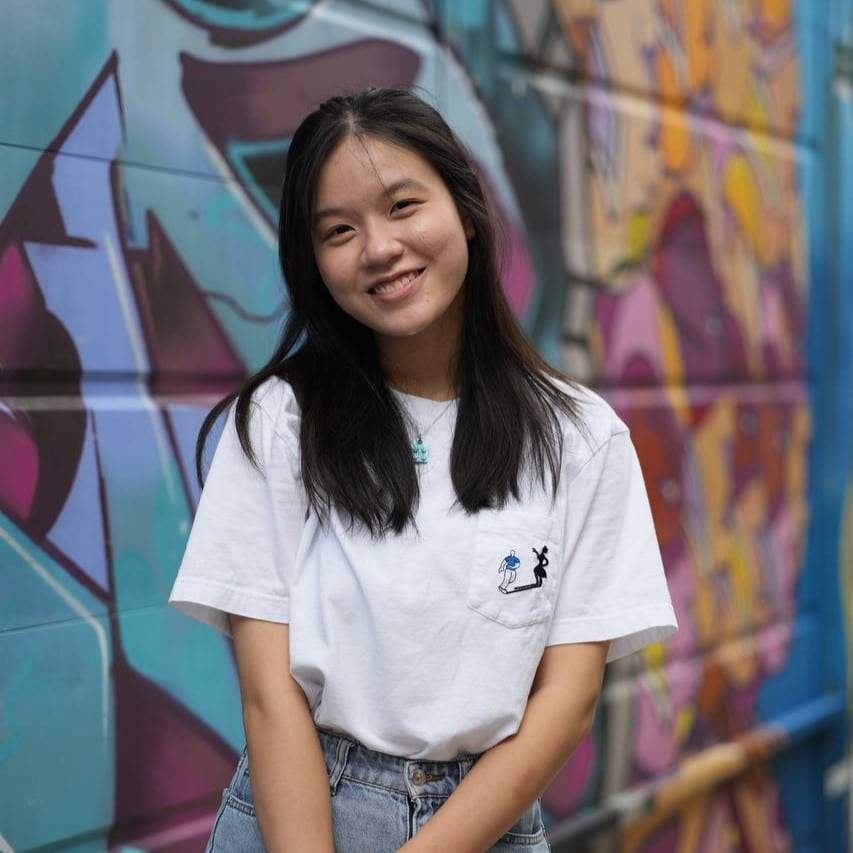In my family, I was the oldest among my cousins (on both sides), and hence my grandparents’ first grandchild. I spent most of my time as a kid chatting with my grandparents in Mandarin whenever we visited. I would also sing along to Mandarin songs that played on the radio, even if I didn’t know what they meant. Mandarin came naturally to me, and I enjoyed speaking it.
After primary school, I enrolled in a SAP* school. It was around that point in my life when I started to dislike Mandarin. To me, there was a clear distinction between speaking Mandarin in everyday life and in Mother Tongue examinations. I could converse well in Mandarin with my family, but I was pretty bad at writing Chinese essays and performing at Chinese oral examinations. It was also a common experience shared among my classmates, which was strange for a school that heavily promoted bilingualism. Conversely, many of my friends in school were quick to learn foreign languages – Japanese, Korean, French etc. I started learning German in secondary school as well and found it a lot easier to acquire.
I still made it through Chinese exams though, and I think it was probably because of my Chinese teacher. He quickly realized that many of us in class found Mandarin difficult and tried to make it more fun for us. We often watched Chinese movie clips and music videos in class. In preparation for our O-levels, he also made a long list of Chinese vocabulary with English translations. It doesn’t sound particularly interesting, but it made learning these words feel less of a chore and more like a trivia quiz. I mean, when else would I find the need to use the translation of GPS (which I learnt was 全球卫星定位系统 quan2qiu2 wei4xing1 ding4wei4 xi4tong3)?
Slowly, I began to reconnect with the language through pop culture – belting out to Eric Chou at karaoke sessions, chasing Chinese Meteor Garden and Idol Producer episodes with my friends. We still hated the exams, but learning Mandarin started to become more enjoyable.
Working in a café at university now, I came across many Mandarin-speaking customers. I’m glad that I’m still able to take orders and give basic directions in Mandarin. Even now, I’m still learning new words! Like 拿铁 (na2ti3 ‘latte’) and 焙茶 (bei4cha2 ‘hojicha’), which are words I hardly encounter anywhere else.
Although I used to dislike the language, Mandarin has served me well; it helped me connect with my loved ones, communicate at work, and even watch my favourite shows without subtitles! Truthfully, I don’t use Mandarin as much these days, but it’s a language I will always appreciate and continue to revisit whenever I can.
*In a Special Assistance Programme (SAP) school, several subjects may be taught in the mother tongue, alongside other subjects that are taught in English. SAP schools currently cater only to those studying Mandarin as their mother tongue.
This post was written by our intern Jia Yi. Jia Yi is a 3rd year Psychology major and speaks English, Mandarin, and German.
Multilingual Memories is a collection of stories about our experiences learning language growing up as a bi- or multilingual! Childhood is when most of us start learning languages, and we think that it would be fun to reminisce about those memories together. Want to read more Multilingual Memories? Click here!
At BLIP Lab, we’re keen on investigating these language mixes at home! If you have a child between the ages of 0-4 years old, we’d love to invite you on our journey to understand more about this. Click here to know more about the Baby Talk-a-thon: https://blogs.ntu.edu.sg/blip/baby/talkathon/
We’re also on Instagram @bliplabntu – follow us there!

